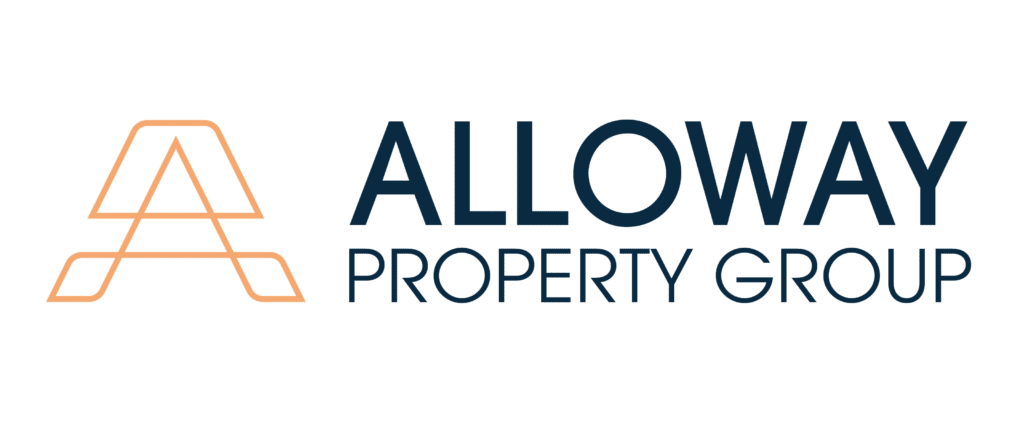When looking to purchase Residential Real Estate, the two most common products available on the market are Freehold and Condominium. These two terms, ubiquitous in the Toronto Real Estate market, might seem to be the only two types of land interest there are in Ontario. However, in rare circumstances, one might encounter a freehold or condo property with a Parcel of Tied Land (POTL). POTLs, though infrequently used, are an extremely efficient way to manage a shared piece of land.
What is a Parcel of Tied Land?
A Parcel of Tied Land, or POTL, is a property which carries with it interest in a Common Elements Condominium. A POTL, once joined must be transferred or mortgaged with the property. Common examples of POTLs are:
- shared parking spaces,
- marinas,
- golf courses, or
- parks.
How does a Parcel of Tied Land Work?
In order to understand the Parcel of Tied Land, you first need to understand the idea of a Common Elements Condominium (CEC).
Common Elements Condominium
A Common elements condominium is a condominium registered under the Condominium Act, 1998. The difference between a CEC and a “standard” condominium is that the CEC has no individual units. Instead of purchasing a unit in the Condominium Corporation, you are purchasing a fraction of the corporation as a whole. These fractions are typically equal, but can vary in ownership percentage based on a variety of factors.
Other than this notable change, CECs function virtually identical to the traditional Condominium. The shareholder is responsible for monthly maintenance fees and, in return, the CEC grants use of the common elements. (which can be the park, tee-times at the golf course, or a slip in the local marina).

POTLs and Common Elements Condominiums
A Parcel of Tied Land is simply the means of ownership in a Common Elements Condominium. In order to own the share in the CEC, you must purchase a property with the POTL. The land transferred with the POTL can be freehold OR a condominium in and of itself.
Just as in a condominium, a POTL carries with it the obligations of unit holders. The most prominent of these is the monthly Common Expenses Contribution. These are more commonly referred to as Condo Fees, Maintenance Fees, or POTL Fees. These POTL Fees can vary widely depending on the asset held and number of owners in the Condo Corp. For example, the POTL Fees for a Golf Course should be significantly higher than that of a parkette. Similarly, a CEC with 500 members would be able to split the cost into smaller fractions for each owner, compared to a CEC with only 5 members.
CEC’s VS Regular Condos
It is important to note that the qualifier of a Common Elements Condominium (CEC) is that the land described as condominium is common. While this might seem like an obvious prerequisite, it is the most common misconception when distinguishing between freehold and condominium properties.
The most common of these errs is with respect to Townhomes. Prior to the revisions of the Condominium Act in 1998, it was common for developers to build townhomes as freehold. Each townhome, though connected to the neighbours, was a freehold piece of property. Neighbours were responsible for their own maintenance & upkeep of the unit and its grounds. Where necessary, the developer would register easements when an obligation was due by both owners, for example with a party wall.
The rise in popularity of Condominium Townhomes was largely due to the desire for hands-off maintenance of property. With condo townhomes, dwellers could now simply pay a monthly fee and have all their property management and upkeep looked after. However, similar to the obligations of a condo apartment, owners had less freedom and individuality with their units when it came to renovation & design, facade changes or paint, or repair & replacement.
The Condominium townhome would carry with it the necessary common elements (usually shared drive or parking spaces) and through owner use agreements, effectively eliminate the need for a Common Elements Condominium or POTL.
Obligations of a POTL Holder
A common misconception about POTLs is that they hold no significance other than the right to use. Some believe that they are under no obligation to pay the monthly common expenses of the CEC. Unfortunately, this is not a case. In Ontario, Default of common expenses under the Common Elements Condominium occurs when one is unwilling or unable to pay the POTL Fee, and is treated same to that of a traditional condo. A lien can be registered against the freehold piece of property.
How to Buy a Parcel of Tied Land
Treat POTL purchases identical to that of a Condominium. In addition to the traditional freehold title searches undertaken by a Lawyer, a Status Certificate of the share in the CEC should be ordered and reviewed by a lawyer prior to entering into a binding deal.
Use OREA Form 111 to buy or sell a POTL. This form ensures the transfer of property includes the attached POTL, as well as makes provisions for CEC searches and certificates, where necessary.
Other Considerations about Parcels of Tied Land
Whilst POTLs can be an incredibly efficient way at managing a shared piece of adjacent property amongst owners, it can also carry with it some significant drawbacks. Unlike a traditional condo, owners could theoretically live in their units without ever using or interacting with the common elements. (For example there’s no elevator to get to the freehold unit). This however, is not a justifiable excuse for a unit owner refusing to pay their share. Improper maintenance or upkeep of a POTL could result in expensive assessments levied against the owners, which they would be legally obligated to pay. Increasing annual maintenance fees due to old equipment amortized far beyond its use could lead to upkeep costing more than its worth.
Have a question about how a POTL may affect you when buying or selling? Contact Us for your free consultation today.





